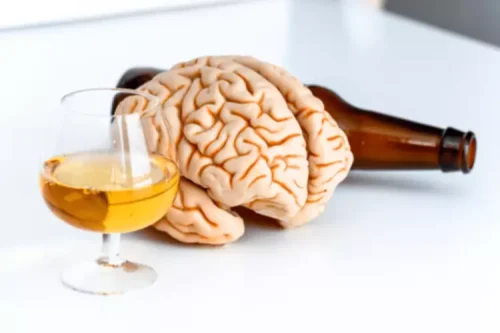
During this period, you can expect to develop new skills you may have never learned that made you more susceptible to AUD in the first place. Support groups such as Alcoholics Anonymous (AA) and Self-Management And Recovery Training (SMART) are open to anyone with a substance use disorder. Outpatient programs are often part of aftercare programs once you complete an inpatient or PHP program. Some services provide food and transportation, but services vary by program.
Empowering Recovery: The Importance of Peer Support Groups in Overcoming Addiction
People who struggle to control their consumption have likely existed for as long as alcohol has been around. The public understanding of https://ecosoberhouse.com/ alcohol addiction, however, is a newer concept. Knowledge surrounding the causes of alcoholism was still scarce until the mid-1900s.
- In this stage, people may be simply experimenting with alcohol consumption.
- Many alcoholics stop worrying about their appearance during this stage.
- Discover effective strategies for alcohol detox, including hydration, nutrient-rich foods, adequate rest, and professional support, to ensure a successful recovery journey.
- Healthcare and mental health professionals may describe this stage as moderate AUD.
- If they do not stop drinking, they continue progressing to the point of alcohol dependence and then finally to the point of chronic alcohol use.
- One of the most severe consequences of alcohol withdrawal is called delirium tremens (“the DTs”), which if left untreated, can be fatal.
Severe Alcohol Use Disorder
The alcoholic probably isn’t sleeping or eating well at this point and may not be keeping up with personal hygiene. They may begin drinking early in the day and plan their day around their drinking. In social situations, they may be unable five stages of drinking to stop drinking when others do and find that they can’t handle as much as they previously could without becoming drunk. Blackout episodes, where the individual does not remember what they’ve said or done while drinking, may occur.
Alcohol Tolerance

Chronic, long-term drinking can contribute to malnutrition by replacing foods needed for essential nutrients and by interfering with absorption, storage, or metabolism of the essential nutrients. This can also lead to anemia, when your red blood cell (RBC) count is lower than normal or there’s a problem with the hemoglobin protein inside those cells. When you call our team, you will speak to a Recovery Advocate who will answer any questions and perform a pre-assessment to determine your eligibility for treatment.

Renewal Center for Ongoing Recovery
- Clinical evidence suggests that the most common causes of relapse during this stage are neglecting self-care or not attending self-help groups.
- Stigma and shame surrounding alcoholism can make it difficult for individuals to seek help and begin their journey towards recovery.
- However, recognizing the potential for a problem and seeking help early on can prevent the disease from progressing to later stages.
- And you can shift from the downward spiral of alcoholism and toward the upward trajectory at any point.
- In the late-alcoholic stage, individuals experience a profound loss of control over their drinking habits.
Stage 3: Middle-Alcoholic Stage
- Alcohol is socially acceptable, so many people do not realize they are in one of the four stages of alcoholism until it becomes difficult to function without it.
- At this point, alcohol consumption starts to become an obvious problem.
- End-stage alcoholism is a critical condition that necessitates immediate medical attention due to the severe health complications that arise from prolonged heavy alcohol use.
- E. Morton Jellinek, a pioneer in the study of alcohol abuse and dependence, suggested “progressive phases of alcoholism” in 1950, which led to the Jellinek curve, which is still widely used.
- Here, we discuss each stage of alcoholism, highlighting the pathway people take as their drinking progressively gets worse.
Signs and Symptoms of Middle-Stage Alcoholism
